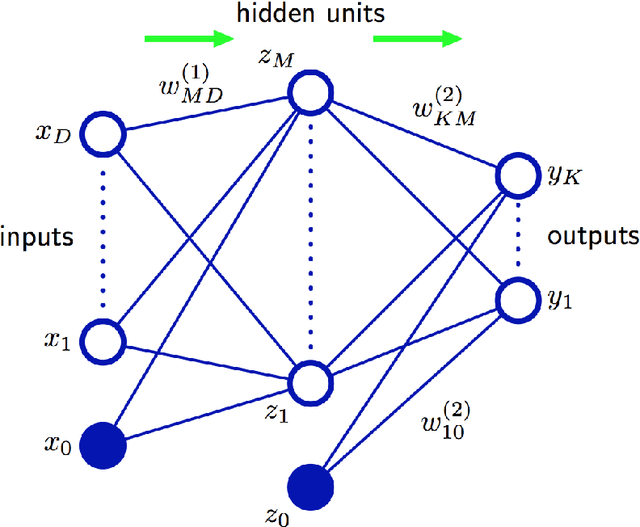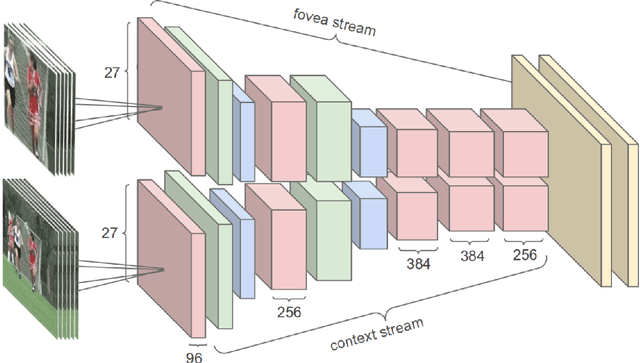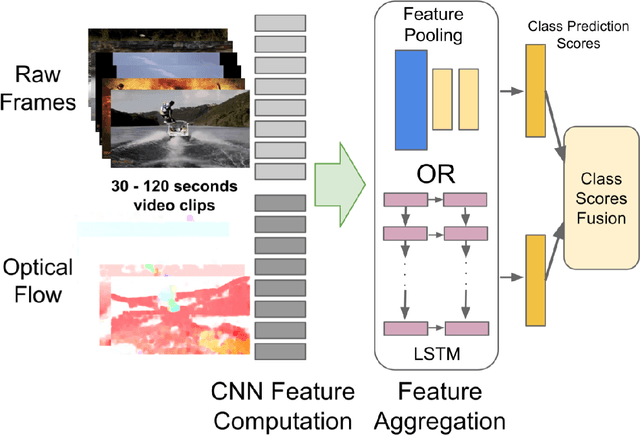Deep Convolutional Neural Networks for Smile Recognition
Paper and Code
Aug 26, 2015



This thesis describes the design and implementation of a smile detector based on deep convolutional neural networks. It starts with a summary of neural networks, the difficulties of training them and new training methods, such as Restricted Boltzmann Machines or autoencoders. It then provides a literature review of convolutional neural networks and recurrent neural networks. In order to select databases for smile recognition, comprehensive statistics of databases popular in the field of facial expression recognition were generated and are summarized in this thesis. It then proposes a model for smile detection, of which the main part is implemented. The experimental results are discussed in this thesis and justified based on a comprehensive model selection performed. All experiments were run on a Tesla K40c GPU benefiting from a speedup of up to factor 10 over the computations on a CPU. A smile detection test accuracy of 99.45% is achieved for the Denver Intensity of Spontaneous Facial Action (DISFA) database, significantly outperforming existing approaches with accuracies ranging from 65.55% to 79.67%. This experiment is re-run under various variations, such as retaining less neutral images or only the low or high intensities, of which the results are extensively compared.
 Add to Chrome
Add to Chrome Add to Firefox
Add to Firefox Add to Edge
Add to Edge